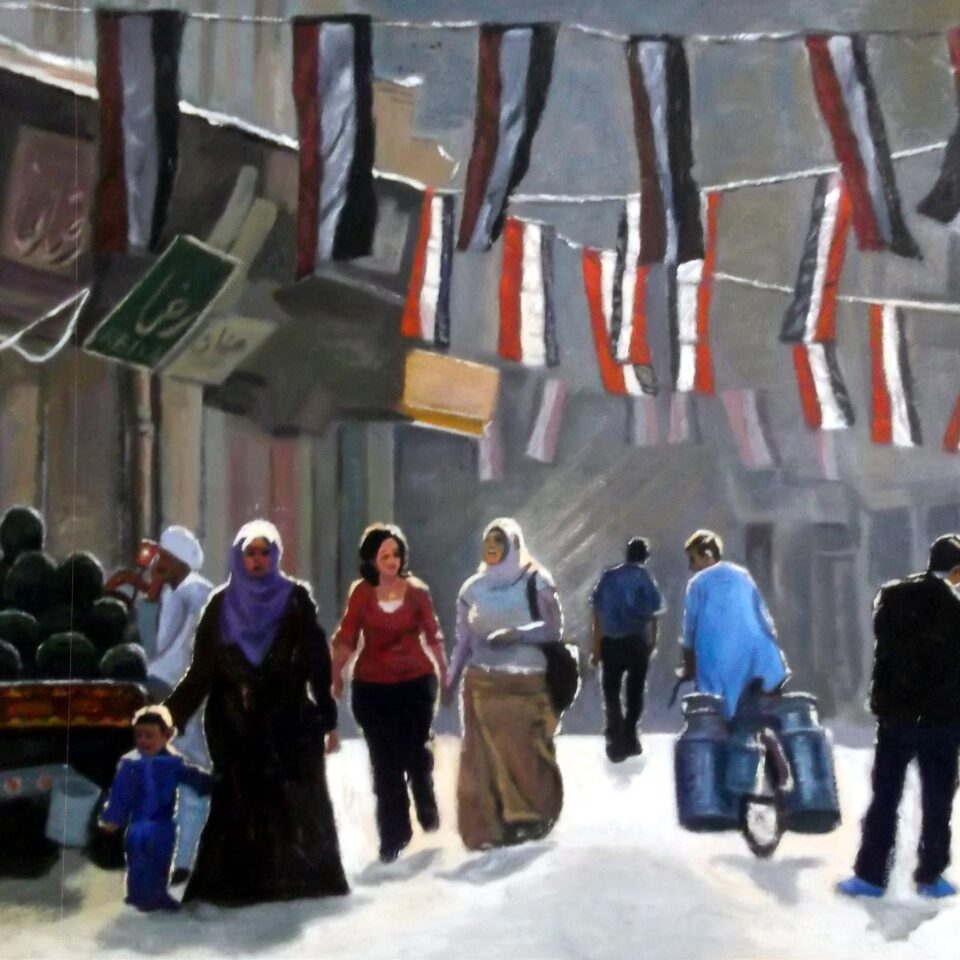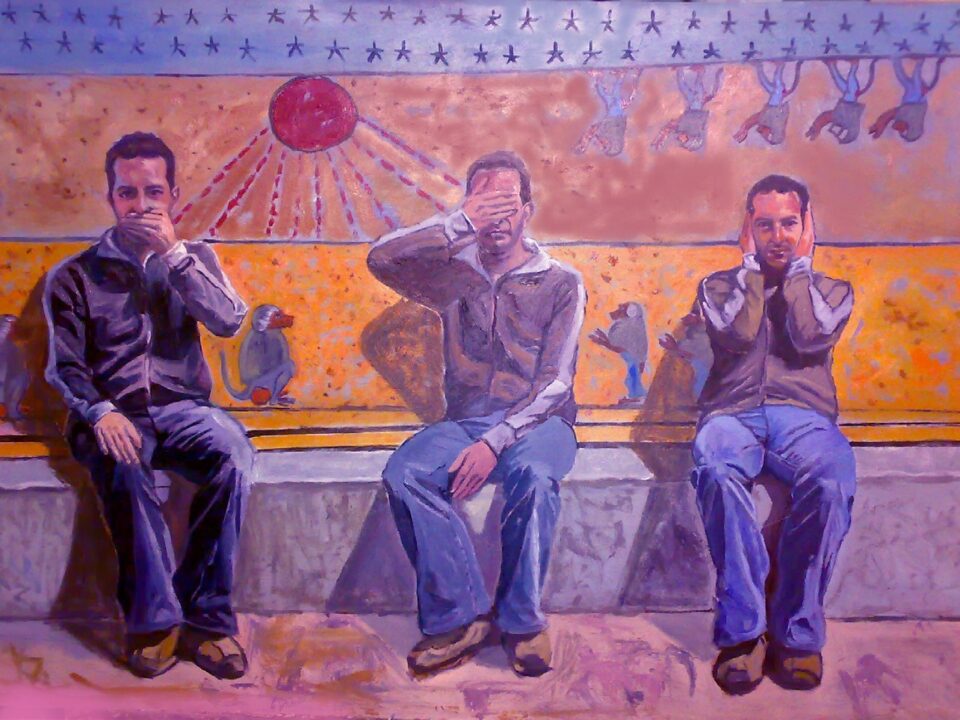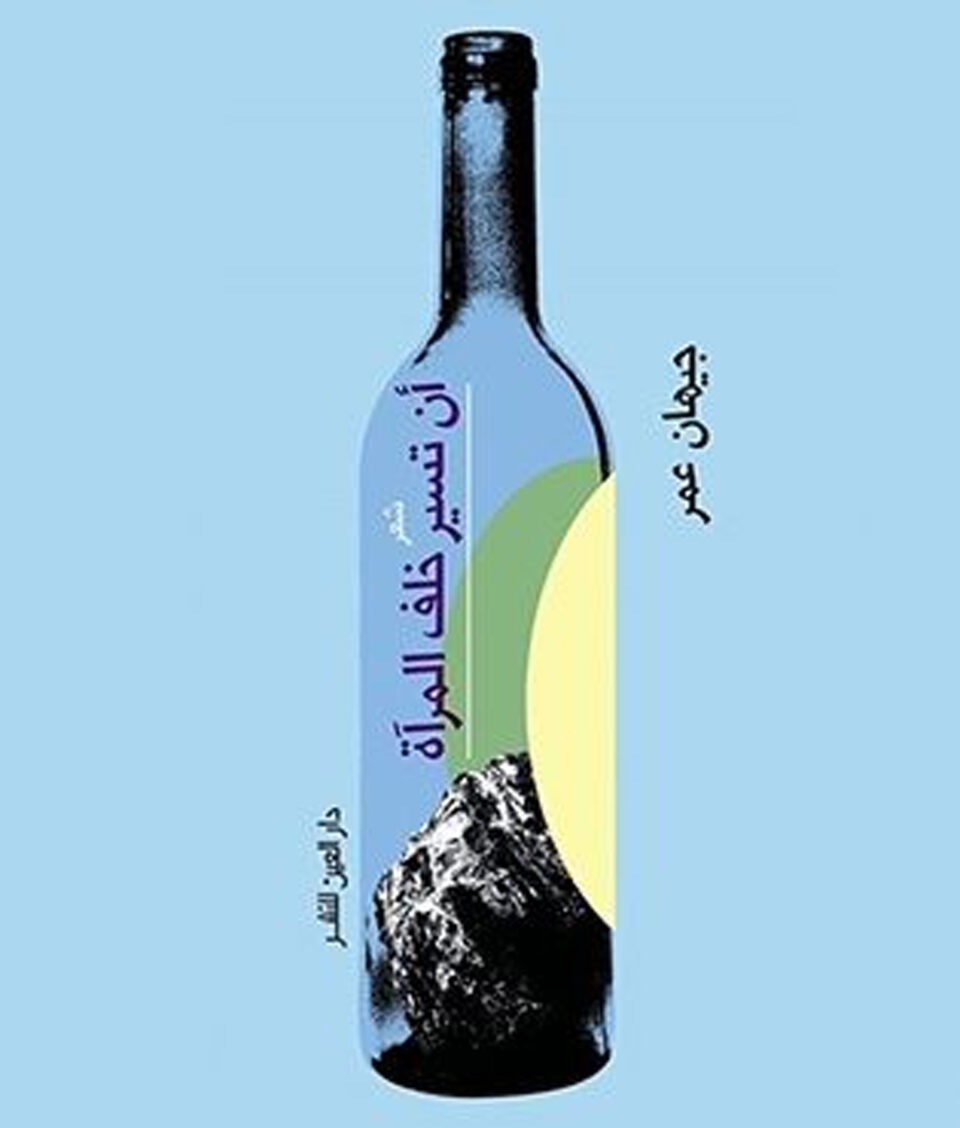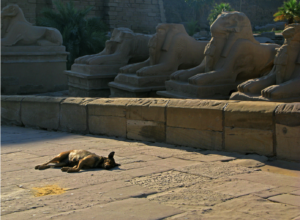Throw Away the Script
This past summer when I was getting ready to return to Cairo, my parents’ friends in South Texas said, “Do you really want to go back over there? Are you sure it’s safe?”
Was it safe here, either? My parents didn’t go across the river to Mexico anymore because there were so many shootings—weren’t we living on the edge of the Wild, Wild West? After the January 25th Revolution, a professor at the American University in Cairo refused to return unless the university guaranteed his safety. But can anyone guarantee safety?
I felt a nervousness about what I would do in the U.S. if I didn’t return to Cairo—I had lived there for thirteen years. I had not fled during the January 25th Revolution—so why would I get cold feet now? And what about my Egyptian boyfriend? And the thrill of daily life in Cairo? My chats with the porter, Muhammad? And my cleaners, Amal and Hala – two humorous characters who were so colorful they were right out of an Egyptian soap opera? And even if I tried to hold to a routine, the romance of Cairo was that life right outside your door was colorful and spontaneous—and you could never walk a straight path. You’d have to dodge the man with the cane, who shouted, “’Ul Ya rab.” Pray to God. Or what about the boy with the dreamy smile, who always convinced you to buy red roses? Watch out. Now, there are cars on our one-way street, going in the opposite direction. Or what about the charm of the small shopkeepers on my street who say, “You light up our lives”—and actually mean it.
One of my parents’ friends said, half-serious, “You could work for the CIA with your Arabic.”
I explained that everything had become so professionalized in the U.S. I could never get a job with the CIA – I didn’t have a degree in Arabic. And anyway, why would I want to do that?
What I loved about Cairo, however maddening and frustrating it could be, is that I had to weave in and out, circle around, take detours – forget the straight line and the linear. The same emotional flexibility had also led to a real transformation in my writing. Now, I was finding the best writing happened when I stopped writing in such a mechanistic way and allowed myself to get away from a preconceived script or idea. For example, the porter at the building in Cairo told me a bit of gossip about one of my neighbors – Joe Smith, who had thrown an egg at the lady at the building directly across the alleyway and hit her in the ear! But instead of transcribing the anecdote as I would before, I wondered about the Egyptian lady, who was the voyeur. Why had she been staring at the foreigner in the balcony across the way? What if she became so obsessed with her gay neighbor, Joe Smith, and his sexual escapades that she had even neglected her housewifely duties? Like the Egyptian storytellers in the world I was living in, I exaggerated wildly. The story that was inspired by the egg anecdote became, Taken Hostage by the Ugly Duck. I had never imagined what it would be like to be an Egyptian woman. But, why not?
Daily life in Cairo was also about getting away from a preconceived script or idea – you have to throw away a rigid idea of routine, and be open to what might happen, who you might meet, or what story you might hear.
Many of the stories in my new collection, Shahrazad’s Tooth, were inspired by anecdotes about foreigners living in the city. A Japanese woman, Keiko, has mastered Arabic but still doesn’t understand the culture in The Empty Flat Upstairs. She is driven crazy by her insistence on knowing the literal truth in a city that values hyperbole and imagination. In the final story of the collection, Karalombos and Gary, two fugitives on the run, sneak back into Cairo on the 28th of January, only to find Cairo turned upside down. They take care of the pets of those who have fled the city – a rabbit, a parrot, a diabetic Chihuahua, and a ferret. To the fugitives’ surprise, they are even recruited to be actors in a reality television show at the Pyramids while thousands are demonstrating at Tahrir Square.
My stories offer a human perspective on life in the city – and, it’s certainly not what you see on CNN!
All artwork is courtesy of Reda Khalil.








